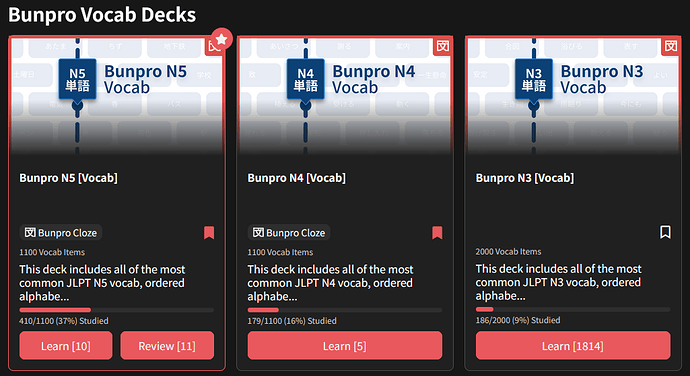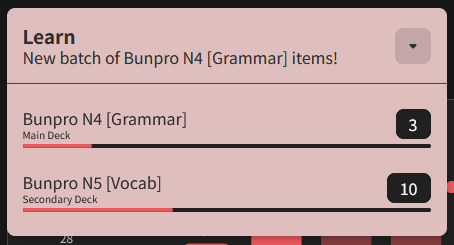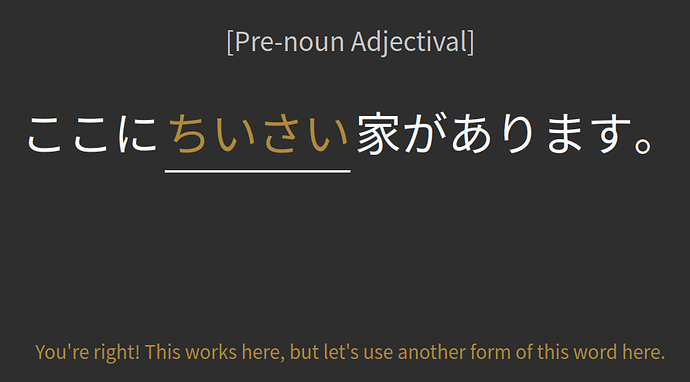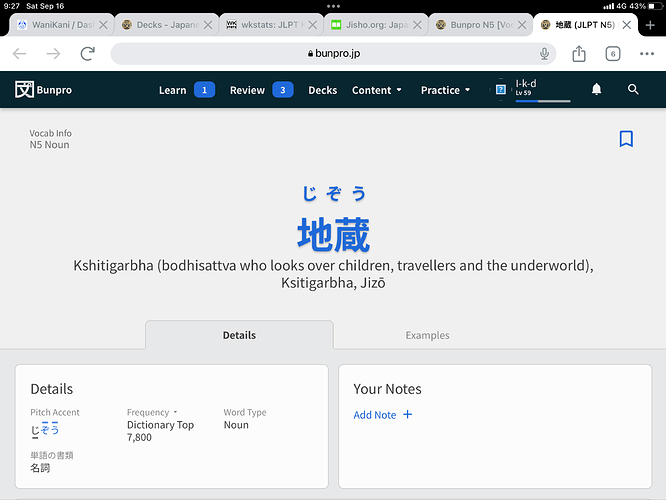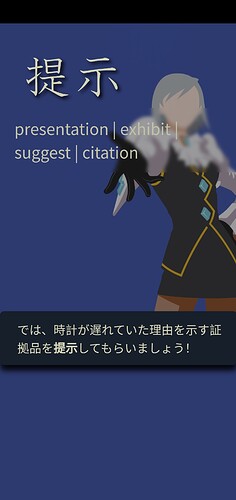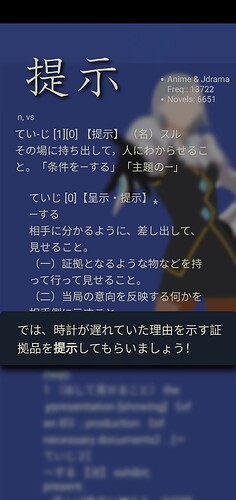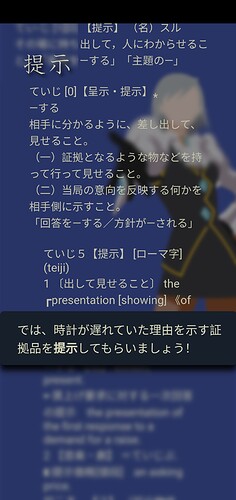I think it’s a cultural thing to some extent. It’s a rather common word in my native French as well because we go see (poorly) an ophthalmologist to get a prescription and then go to the optician to get the glasses. It seems that the Japanese have a similar system.
In the other hand other countries like Portugal or apparently the USA let opticians do everything in-house when it comes to basic vision correction so it’s probably a less commonly used word there.
I’ve also seen “eye doctor” used in English instead of ophthalmologist I think.


